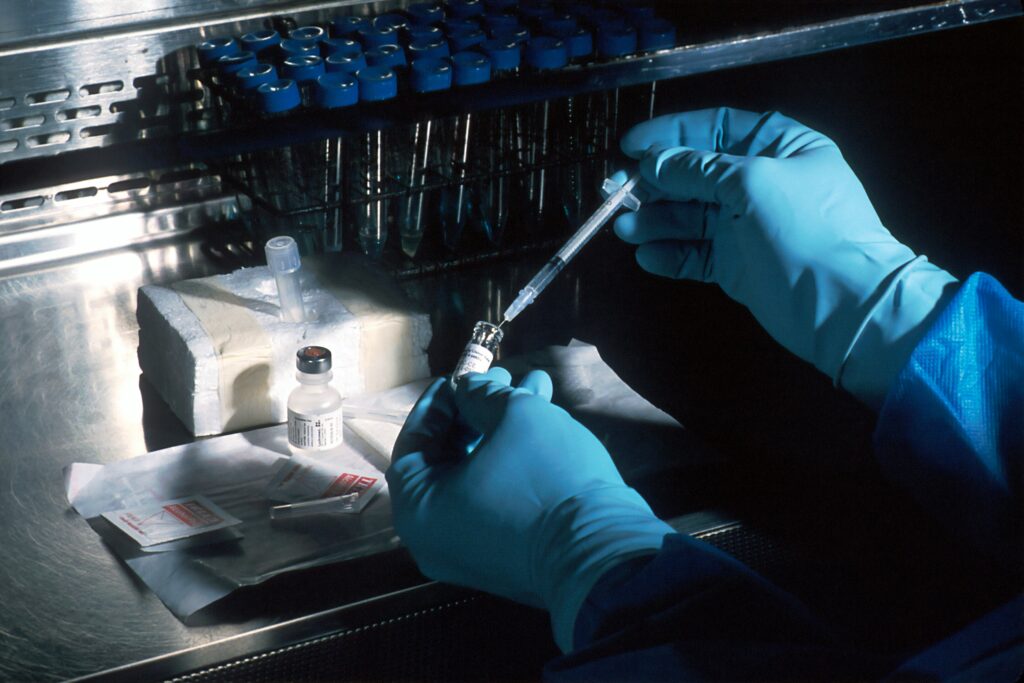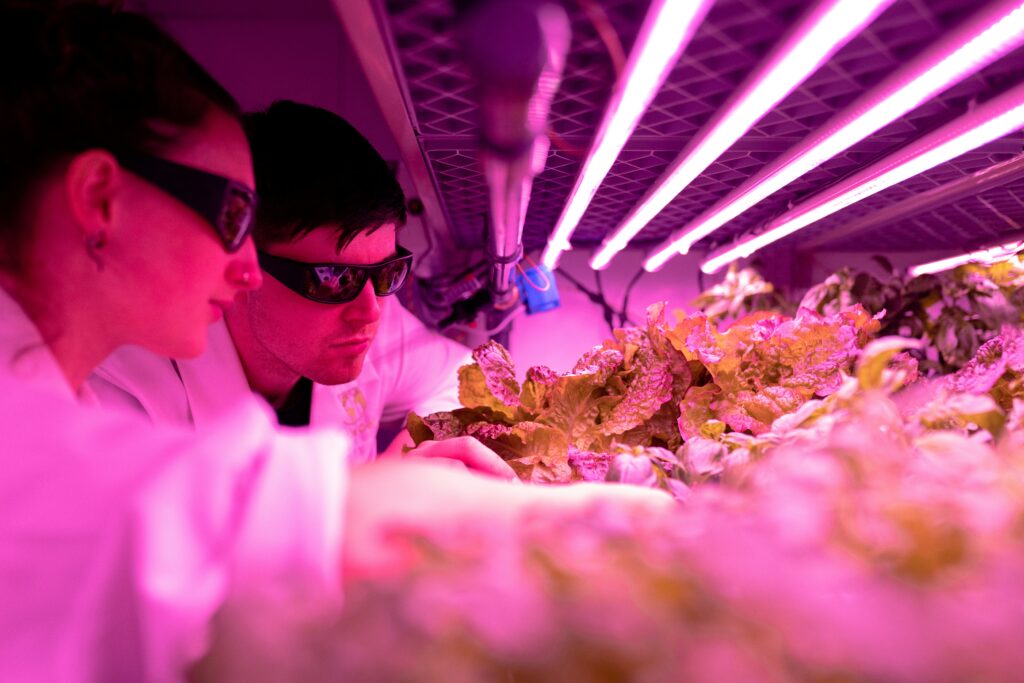Genetic engineering, or more simply the intervention within an organism’s DNA, is largely considered the biggest novelty of the modern science. Understanding the potential risks and impact of this technology today’s science, by all means, is able to engineer biological entities such as plants, animals and even humans. However, just like any other great technology, there are also ethical considerations that come with genetic engineering.
Understanding Genetic Engineering
Simply put, genetic engineering is the alteration of an organism’s genomes or genetic material to bring about a certain effect. More precise therefore than earlier approaches because of such technologies like CRISPR-Cas9 where application of the biological tools on certain sequences of the DNA allows the addition and deletion or replacement of the genetic materials. Such technology provides incredible possibilities growing pest-resistant crops and treating genetically driven diseases, and improving physical attributes.
Applications
Medicine: When it comes to issues of health, genetic engineering is a remarkable way of managing and preventing diseases. Genetic modification has changed the genetic ailing of patients through processes like gene introduction; Gene therapy which involves insertion of the corrected genes into the body cells aiming at curing diseases such as cystic fibrosis and muscle dystrophy. Also, genetically modified organisms are used in the production of medicines such as insulin and vaccines that save human lives.
Agriculture: Genetically modified crops in agriculture can enhance harvests, enhance nutritional quality, and even stand up to pests and stresses. All these developments could be helpful to prevent food scarcity around the world and minimize pesticide use.
Environmental Impact: Molecular techniques also give solutions to problems which involve and regard the environment. In particular, scientists propose to create GMOs that will be capable of detoxification or assimilating too much CO2 that would undermine the sustainability.
Ethical and Societal Concerns
Genetic engineering, however, is not without its challenges and issues. It is the consequences of genetic manipulation that is perhaps the biggest concern. Given the structure of organisms genetically, it could also have implications that may include introducing new foods with allergens or disseminating the modification to ecosystems.
In people, the idea of creating “designer babies”, where children’s genes could be enhanced in intelligence or appearance, has led to serious ethical discussions. Considering the enhancement of human traits which is not meant for treatment but a means of augmenting normal abilities raises questions concerning equity, social strata and the very humanity of man.
Regulatory and Future Considerations
Different nations have developed laws with the aim of protecting the genetics technology and its application from abuse in the society. As this revolution takes its course, extra regulations may be needed to meet such challenges. Issues of fairness in access to genetic engineering technologies, prohibiting abuses of the technologies obtained and clear guidelines on how far human engineering can go should be among discussions for the near future.

The Future of Genetic Engineering: Opportunities and Ethical Challenges
It is quite ordinary to hear about genetic engineering today, as its applications have become widely accepted in medicine, agriculture or in biotechnology. However, the scope of the field in question describes an even deeper future. Developing the technologies of precise gene editing, in particular CRISPR-Cas9 and its variants, introduces itself to an age of innovation that will enhance health, environment, even human evolution—in totally new ways. As these changes come to life so do their advantages but on the other side are equally critical ethical and social issues and challenges that braces genetic engineering.
Advances in Genetic Engineering
In the coming decades, genetic engineering evolution is expected in a number of key areas, including:
Precision Medicine and Gene Therapy
In medicine, the further prospects in genetic engineering will be mainly in enhancing the features of precision medicine based on the molecular genetic basis of diseases of a particular patient. It is likely to become more common to obtain gene therapy, which may already be effective against such diseases as sickle cell anemia and muscular dystrophy, in such a way that it will be able to fix genomic defects before disease occurs.
The incorporation of gene editing and artificial intelligence can facilitate improved diagnosis and treatment of genetic disorders within a shorter time span, thus increasing chances of survival.
Synthetic Biology and Biotechnology
The synthetic biology is seen as the future of genetic engineering where researchers will be able to design and even construct biological systems. It would then be possible to engineer whole organisms that would perform new functions – for example, bacteria that clean the ocean of oil or crops that are to be planted in the desert. Apart from agriculture, synthetic biology can also help in the production of biofuels, bio plastics and other industrial products in a more environmentally friendly manner.
Human Enhancement
The invention of new cocktails to treat various genetic-related illnesses is hailed as the greatest development of this generation. Genetic engineering is however risky, especially the use of it on people, are they actually lacking any physical disease? As gene therapy approaches pivot away from disease treatment and towards enhancement, some argue, it will become possible to elongate human lives. Individual’s capabilities, like the ability and intellectually prospective ‘designer babies’, where babies could be designed by their parents with desired traits such as height, eye color, personality etc, is also fast spreading to raise many ethical issues.
Environmental Sustainability
In the long term, futuristic genetic engineering technologies will be essential in fighting environmental challenges. It might be possible to engineer genetically modified organisms, which could potentially absorb carbon dioxide, degrade contaminants, or even restore weakened biological systems in order to function towards this global menace of climate change. These gadgets along with crop farming innovations for example drought resistant crops, could help address some of the impacts of climate change that are rapidly on the rise.
Ethical Considerations
Such applications for improvement of human health are quite optimistic. Nevertheless, the prospect of such genetic engineering is also attended with tremendous substance and complex ethical issues that all need to be met:
Equity and Accessibility
With the evolution of gene editing technologies, strategies providing fair access to such innovations will be necessary. In the absence of suitable reforms, genetic modification would lead to haves and have not’s with the super wealthy opting enhancement that would be normally denied to the underprivileged. There will be debates on whether genetic therapeutics or enhancements should be universal or not and if yes, whom should be entitled and who will be entitled.
Long Term Outcomes and Hazards
There are physical and health dangers in changing the genetic make-up of human beings, animals or plants. This means that once there is a genetic modification the long-term effects it will have on the ecosystem or on the human gene pool are fairly unknown. There is the risk of altering genes in cells that are not targeted such as “off-targets” which raises new health or environmental dangers.
The Human Figure and Changes in it
Genetic engineering raises profound questions concerning the identity of man. The alteration of the evolutionary pathway of our kind raises a question which is, where does it stop? The capability to add to or modify such essential features of the human organism brings up ethical concerns about self-governance, the validity of consent (aborted unborns in particular), and that about the ‘human’.
Frameworks and Governance
As the capabilities when it comes to genetic engineering expands, more and more legal frameworks will be required to regulate their usage. State governments and international legislatures need to liaise and come up with reasonable limits and even define parameters on which gene modification is allowed leaving a gap for scientific progression. Imposing unnecessary limitations on progress or fresh ideas will be detrimental in preventing misuse or unintended effects.
The Way Ahead
Similarly, the growth of genetic engineering will make a big difference in medicine, agriculture, as well as human civilization. But being able to enjoy these gains will require overcoming the accompanying ethical, social, and environmental concerns. As stated above, responsible advancement of genetic engineering has to involve scientists, policy makers, and ethicists as well as common people.
Still, there is coming a day when the new generation of genetic engineering will need to be very well taken care of, in terms of ensuring its practices enhance the state of man and the environment without blurring the lines of morality and ethics. With humanity poised at the cusp of what can rightly be termed as a genetic revolution, we should be cognizant not only of our capabilities but of our responsibilities.
Conclusion
Genetic engineering can be said to be one of the most advances steps in science that can be utilized in solving some of the greatest problems facing the world today. Take a measured approach towards the social issues of ethical implications and risks associated with genetic engineering, such that the positive effects are enjoyed responsibly. It is the creative application of medical technology that would be accepted in society.



